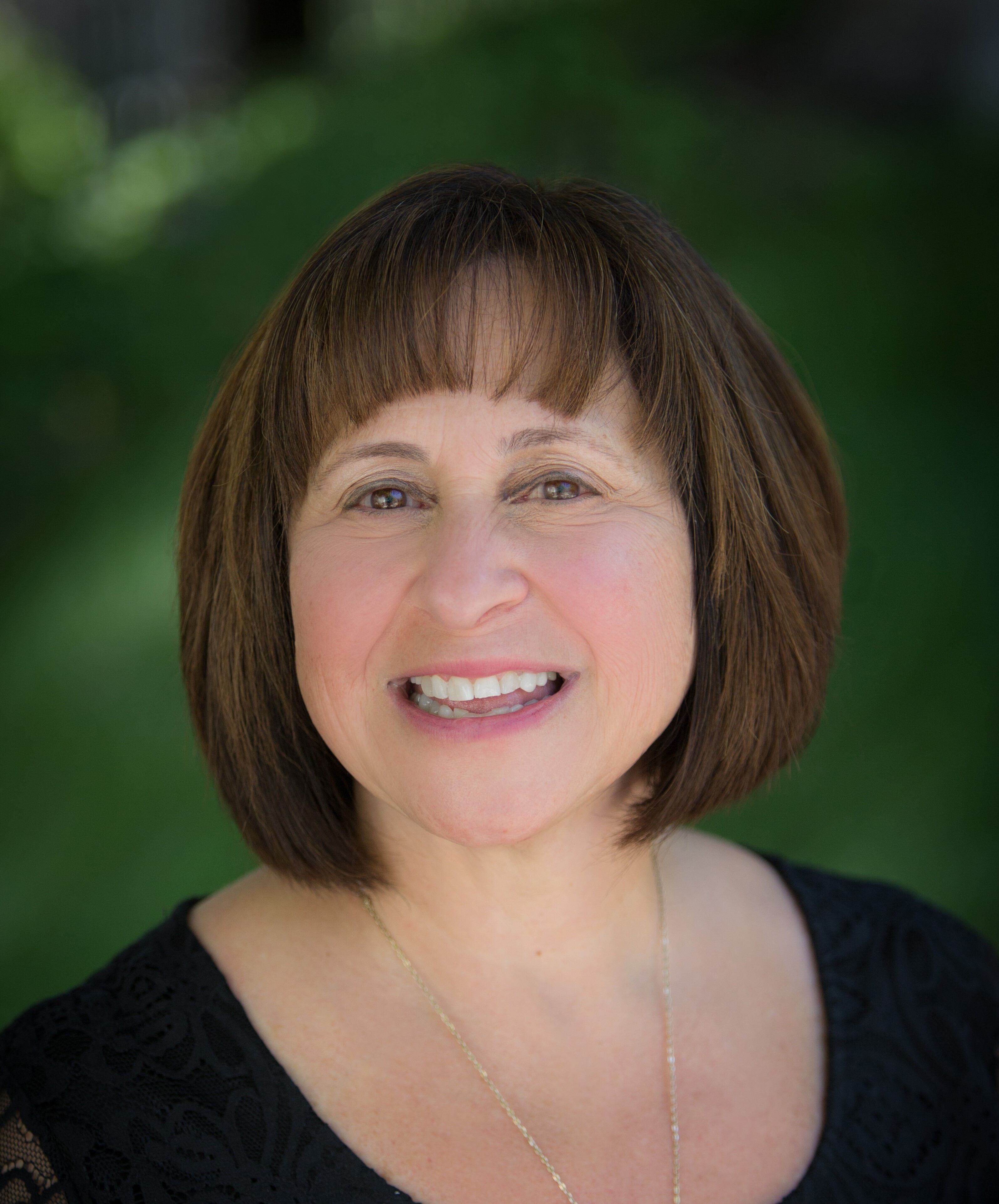Judaism is a religion of faith. It is also a religion of behavior – and not just in contemporary
times, but in ancient days and everlasting. In this week’s Torah portion, Shemini, the Torah
says: “And the Lord spoke to Aaron, saying: Drink no wine or other intoxicants, you or your
sons, when you enter the Tent of Meeting, that you may not die. This is a law for all time
throughout the ages, for you must distinguish between the sacred and the profane, and
between the unclean and the clean, and you must teach the Israelites all the laws which the
Lord has imparted to them through Moses.” (Leviticus 10:8-11)
In a world where so many use wine and intoxicants to self-medicate and/or to obliterate
reality, this warning is certainly worth consideration. Yet, we Jews regularly sanctify Shabbat
and holidays with wine. Thus, commentators are quick to point out that this passage is not
meant as an absolute wine prohibition. Notice the exact wording…. Wine and intoxicant are
forbidden to the priests in carrying out their priestly duties because of the possible effect it
might have on their mental acuity, a necessary part of their responsibilities. More, specifically,
it comes as a warning against drinking such that it perverts the ability to make the distinctions
to achieve holiness.
We tend to think of the differences between sacred and profane, (ritually) purity and (ritually)
impurity (better translations of the words ‘clean’ and ‘unclean’) as dichotomous realms,
raising the goal to rid ourselves of every day as the anti-sacred. In reality, however, they are
not polar opposites nor are they of different substance. There is no magic that makes
something of and for God.
In Hebrew the word for between is bein, from the same Hebrew root which forms the forms
the word binah, the wisdom of discernment. Human development depends on making
havdalah, a separation, using clear awareness and distinction to recognize that which is
sacred and that which is not.
So, we look at two similar things and acknowledge that, despite their similarity, they are
intended to be differentiated and held apart. As was taught by our rabbis, "If there is no daat
(discriminating intelligence), how can there be havdalah?" (Talmud Yerushalmi)
That which is holy, set apart for God, is distinguished in mind, word, and deed. So too is it
intrinsically bound in the ordinary, every day. It is we who transform every day into the service
of God through words, through deeds/ritual, and through intentional setting aside and
separating.
So, we both use wine to sanctify and avoid overusing it. In the balance lies life as lived; in the
middle between the poles lies God and Godliness. And, to that, we should indeed raise our
glasses to say l’chaim.
Shabbat Shalom!


 Download PDF
Download PDF